
eXtensions - Tuesday 23 July 2024
By Graham K. Rogers

A week in politics is a long time. There are pitfalls for tech companies with the way the EU enforces its regulations so Meta is following Apple and will not make some AI features available in Europe. A massive IT failure followed a software update and the world almost ground to a halt. Much blame lies with the EU and its insistence on Microsoft weakening its interoperability rules. Redmond Pie reports on a gaming device that looks the a Mercedes-Benz Grand Prix car steering wheel. It looks gorgeous and could be yours for $2500.
I try to avoid politics in these notes, but the last couple of weeks have made that less easy. Following the alleged assassination attempt on former president, Trump, there was even more than the usual polarization. This week, the current president, Biden, withdrew from the re-election process and gave support for his VP, Kamala Harris. That has brought more division from some quarters. In Europe, Ursula von der Leyen was re-elected as President of the European Commission. As she is critical of US tech companies and their alleged monopoly positions, we can expect more from Margrethe Vestager as she tries to tighten the screws.
 Following recent enforcements of the DMA (Digital Markets Act), we were told a couple of weeks ago that Apple might not bring its AI features to its platforms because the company does not know how the DMA may be enforced. Vestager jumped on this in an unsupported comment in which she said that this "shows that Apple knows it is anticompetitive." I took Apple's comment to be a play-safe approach: who knows which way Vestager is going to react.
Following recent enforcements of the DMA (Digital Markets Act), we were told a couple of weeks ago that Apple might not bring its AI features to its platforms because the company does not know how the DMA may be enforced. Vestager jumped on this in an unsupported comment in which she said that this "shows that Apple knows it is anticompetitive." I took Apple's comment to be a play-safe approach: who knows which way Vestager is going to react.
At around the same time the EU Commission which seems to believe that social networking platforms and operating systems are (or should be) public domain was looking at Meta. Ina Fried at Axios, reports that Meta has also decided that it "will withhold its next multimodal AI model - and future ones - from customers in the European Union because of what it says is a lack of clarity from regulators there".
This is another example of what Ben Thompson wrote about in Stratechery: existing US tech companies will release fewer new features in the EU, while new companies will avoid entering that market. Be careful what you wish for (see below).
The other piece of big news (non-political) in the last few days was the failure of many computer systems running Windows. There was an IT outage worldwide after an update of systems by CrowdStrike which promptly crashed the world. Airlines, Banks, 911 service in Alaska, the London Stock Exchange and broadcasting systems (TV and radio) et al were affected, although there seemed to be no problem here when I tried some online banking early Friday evening. There were some problems reported later in Thailand, including for AirAsia, a low-cost airline, and hospital systems.
 AirAsia (with whom I travelled recently) had to resort to the former paper systems (including boarding passes) which caused some delays. @sadrobert commented on X that Windows has NO business running medical equipment, which should be using a custom hardened OS or a hardened Linux version with 99.9999999999% availability. Adding that if updates are to be released they need to be tested to breaking point.
AirAsia (with whom I travelled recently) had to resort to the former paper systems (including boarding passes) which caused some delays. @sadrobert commented on X that Windows has NO business running medical equipment, which should be using a custom hardened OS or a hardened Linux version with 99.9999999999% availability. Adding that if updates are to be released they need to be tested to breaking point.
The president of CrowdStrike, George Kurtz, said the problem was caused by a "defect found in a single content update for Windows hosts" Mabel Banfield-Nwachi, Guardian). Well that's all right then. As a note, Kurtz was chief technical officer (CTO) at MacAfee in 2010 when that company released an update to its software that deleted a critical Windows XP file and crashed computers worldwide (Overspill). Systems are so reliant on interconnection that all it takes is something like this to throw the switch and we have chaos. On this occasion Macs and Linux were not affected, although if the network you want to connect to is down that won't help (Oliver Haslam, iMore): there is a version of the CrowdStrike software for Macs. That was apparently updated too, but without the disastrous consequences.
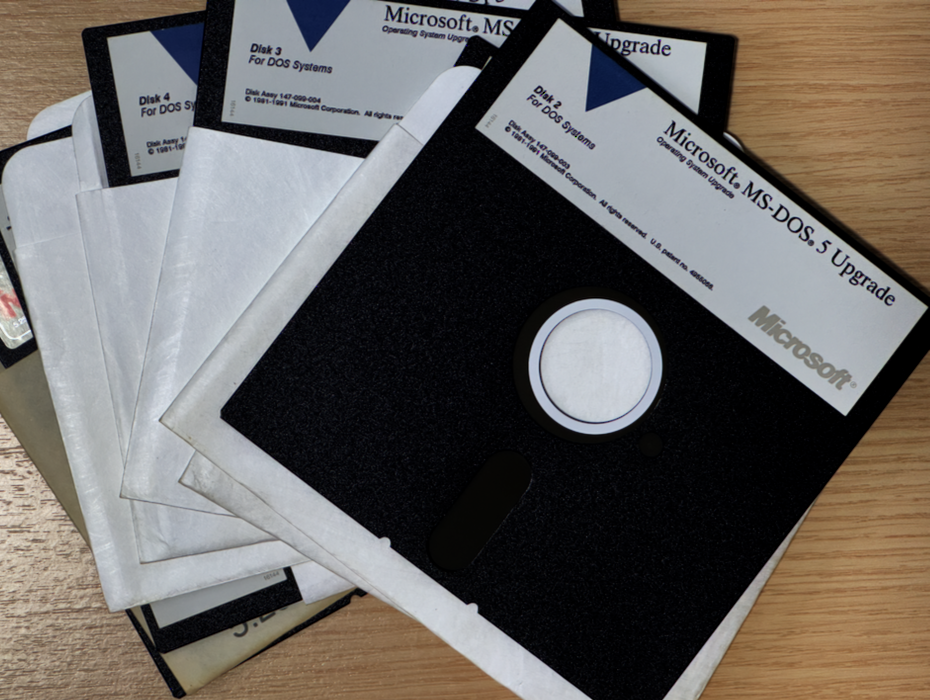 That Mac version does not use the same type of interaction with the operating system as the Windows version does, running "with elevated privileges as a Kernel-Mode Driver, roughly equivalent to a kernel extension (kext) in macOS" (HowardOakley, Eclectic Light Company). The kext in Macs has mainly been deprecated and on Apple silicon the interaction now uses "an endpoint security System Extension instead." Oakley adds (later in the article), "The devastation wrought by the CrowdStrike bug is vindication for all the pain that deprecation brought" and explains how an earlier update had devastated Macs. Things have improved with Apple silicon and the latest OS.
That Mac version does not use the same type of interaction with the operating system as the Windows version does, running "with elevated privileges as a Kernel-Mode Driver, roughly equivalent to a kernel extension (kext) in macOS" (HowardOakley, Eclectic Light Company). The kext in Macs has mainly been deprecated and on Apple silicon the interaction now uses "an endpoint security System Extension instead." Oakley adds (later in the article), "The devastation wrought by the CrowdStrike bug is vindication for all the pain that deprecation brought" and explains how an earlier update had devastated Macs. Things have improved with Apple silicon and the latest OS.
Related to the above, Juli Clover (MacRumors) writes that in a statement, Microsoft blames the EU for this because they had to agree to reduced protections: in 2009, "Microsoft agreed to interoperability rules that provide third-party security apps with the same level of access to Windows that Microsoft gets [my italics]. Microsoft agreed to provide kernel access in order to resolve multiple longstanding competition law issues in Europe." Clover adds that although Apple has not had to make changes to how Macs work, "the European Commission has been targeting the closed nature of iOS", as has been mentioned by several sources. She continues, "Apple has warned that the updates that have already been implemented could lead to security risks in the future." I recently made comments on the one-sided approach by the EU to US tech companies (social networking and OS use): on Wednesday 17 July and on Friday 12 July. I take it that the EU's insistence on interoperability means equal access to all developers, never mind the security or privacy that they have been warned about on many occasions.
Some sources noted that despite the utter failure of these Windows computer systems, it was not the fault of Microsoft who were offering assistance to help users return to normal, but it is their problem. As Juli Clover notes (above) the EU has not helped (Rosyna Keller - mentioned by Hoakley). Michael Simon (MacWorld) wrote an article, titled, "Massive global IT outage is a perfect ad for buying a Mac", but in general Mac users did not gloat, and we must remember that there have been one or two times in the past when things have gone wrong. There were some observations online of course, particularly on X, FaceBook and YouTube. Anthony Ha (TechCrunch) reports that some 85 million devices were affected, but notes that this is less than 1% of Windows machines worldwide.
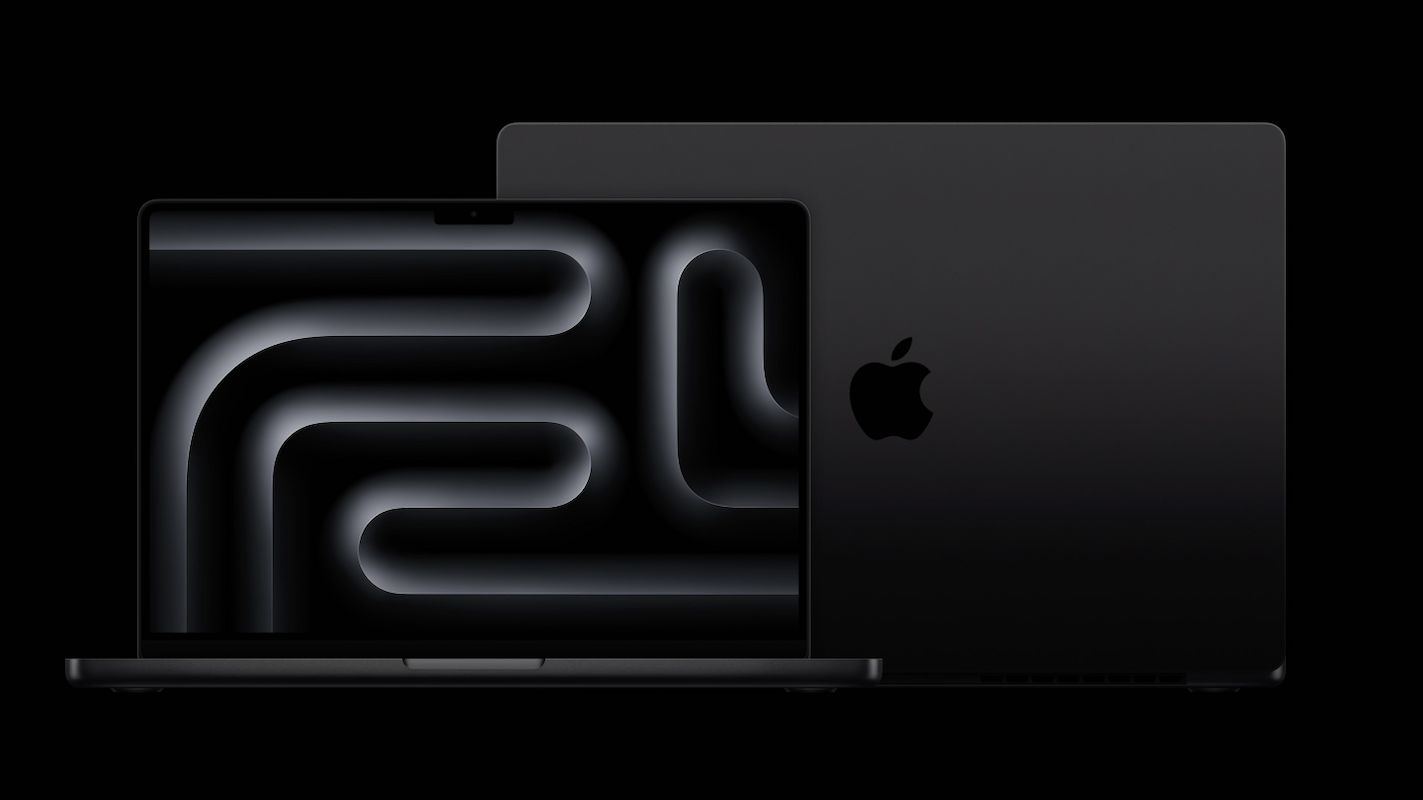
That 1% had a disproportionate effect on things because of the computers the CrowdStrike software was installed on. There were problems for some as a result of the move to a cashless society. That does not happen too much here, although a well-known coffee shop in Siam Discovery is cashless. James Tapper and Gary Eretuyan (Guardian) discuss this and the implications of the recent outage, with particular focus on the UK, but with implications for us all.
So many sites rely on Windows that a problem for one can be a problem for all. At the university I work at, for years the system was run on UNIX and chugged along quite nicely. The administrators decided to switch to Windows for a number of reasons, including licensing user software for the students and academics. Things were never really the same with increased security measures, but reduced security. There were a number of attacks over the years, including one which caused the system to be offline for many days. When it returned, academic staff complained about the number of lost emails. Who would have thought there was no backup?
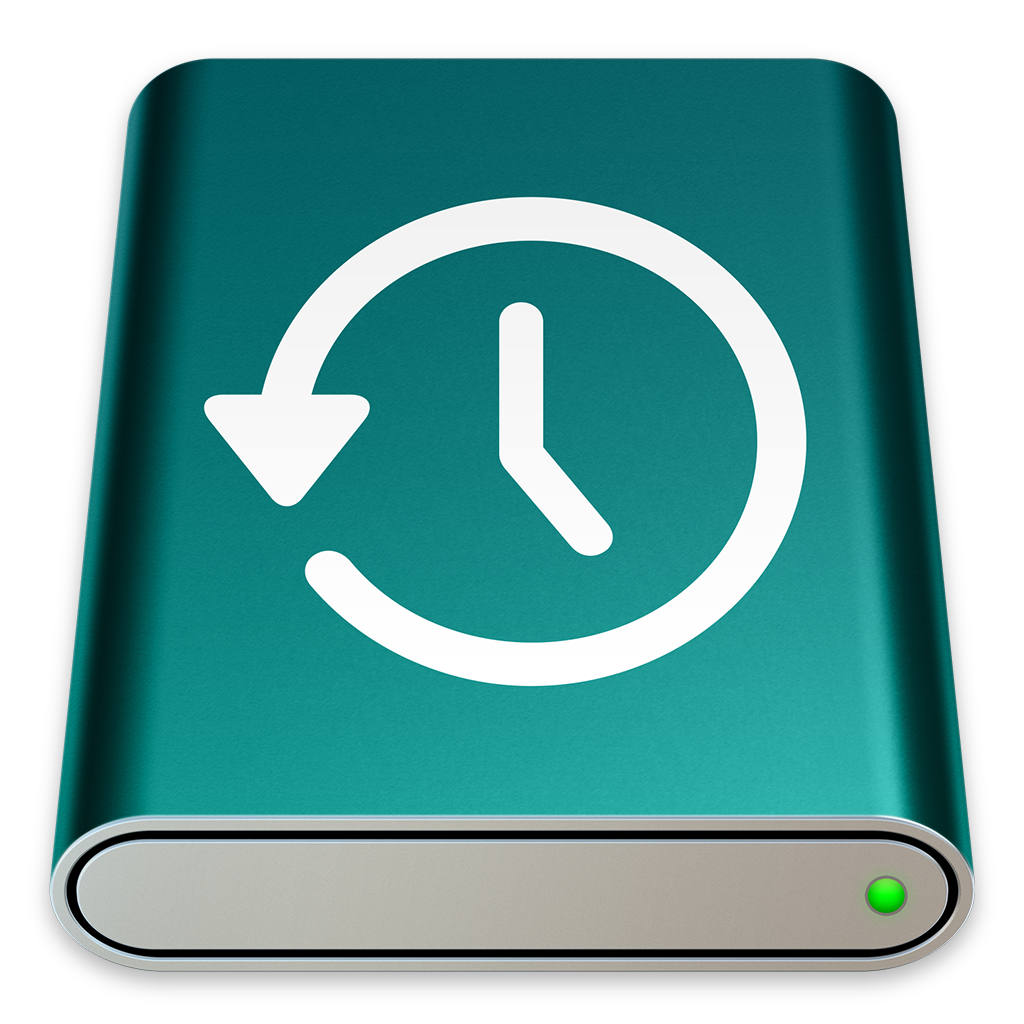 I learned my big lesson about backing up data when I had a burglary and my 12" PowerBook was one of the losses. When I had the recent ransomware attack on my site, using my on-computer archives, I was able to rebuild in a few hours, once the service provider had set everything up. I moved the Website folder to the Documents folder so the whole site is synced to iCloud and available on all my devices. I also have the site backed up on 4 Time Machine disks. Karen Haslam (MacWorld) has a fairly useful article on how to use Time Machine, although for heaven's sake they could do with some better proof reading.
I learned my big lesson about backing up data when I had a burglary and my 12" PowerBook was one of the losses. When I had the recent ransomware attack on my site, using my on-computer archives, I was able to rebuild in a few hours, once the service provider had set everything up. I moved the Website folder to the Documents folder so the whole site is synced to iCloud and available on all my devices. I also have the site backed up on 4 Time Machine disks. Karen Haslam (MacWorld) has a fairly useful article on how to use Time Machine, although for heaven's sake they could do with some better proof reading.
We all make mistakes (including me), but I check my content several times before putting it online (but may still miss something). This had too much odd content, for example "heading out", which did not make sense, instead of [perhaps] heeding, suggesting that Autocorrect (or dictation) may be the culprit. Even with (especially with) Autocorrect the content still needs a careful read-through. The content in the article is comprehensive, with plenty of illustrations, and readers should find this useful. The lessons from the recent attacks (CrowdStrike, AT&T [below], Dennis Sellers [below], my site and others) is that backing up should not be an option. My students always laugh when I ask about this.
AT&T was also attacked recently, but the outcome was apparently far more serious as data from "nearly all of AT&T's cellular customers were exposed in a data breach" (Gabe Hauari, USA Today). This has been widely reported by many sites. The USA Today article has a number of recommendations for customers and discusses the types of data involved.
Gruber discusses this fundamental weakness of RCS and how telecoms companies in the West fall over themselves to help security agencies, particularly with regard to collecting telephone call data: in case it may be needed at some time. Gruber does look at some advantages of RCS but overall is critical of carrier-based messaging. There are alternatives, such as WhatsApp, LINE and Messenger, although some governments may be able to access some of these, while Gruber prefers iMessage. This is a useful read and the Notes have some valuable comments too.
I am less sympathetic with his comments on the iPad Pro which he claims should be given a proper OS to make it a laptop replacement. Several tech commentators have taken this tack, although users in the main are quite happy. In his 18 July article, Sellers references an article by David Price from 17 June which I think has it totally wrong. I rely on my iPad Pro daily and it has now taken over most tasks that I would have done before on the MacBook Pro. It is also a lot lighter. With no example of where this idea of a beefed up OS might be beneficial, I am guessing that Sellers is not a regular user of the iPad Pro. As one of our technicians, who uses Windows, Macs and an iPad says, You use the app for the task.
 With regard to this, there were some interesting comments by John Gruber (Daring Fireball) on why RCS cannot be trusted. This is the type of messaging that Android users have and why their messages appear with green bubbles, rather than the blue of iPhones. The inclusion of RCS-capable messaging on iPhones has been pushed for a while (particularly by China) and the EU sees it as a challenge that can be used against Apple. Larger image and video attachments, Yes, as well as other features, but no end-to-end encryption, which is why the legislators, and particularly the Chinese government like it.
With regard to this, there were some interesting comments by John Gruber (Daring Fireball) on why RCS cannot be trusted. This is the type of messaging that Android users have and why their messages appear with green bubbles, rather than the blue of iPhones. The inclusion of RCS-capable messaging on iPhones has been pushed for a while (particularly by China) and the EU sees it as a challenge that can be used against Apple. Larger image and video attachments, Yes, as well as other features, but no end-to-end encryption, which is why the legislators, and particularly the Chinese government like it.
Having recently dealt with a site outage, I sympathize with Dennis Sellers who reports that his Apple World Today site recently suffered a hacking attack. He writes that this cost him a lot of money and considerable work as he restores the content. He was somewhat critical of his hosting service however. We are often in the hands of others when using such sites and this may cause considerable frustration along with delays.
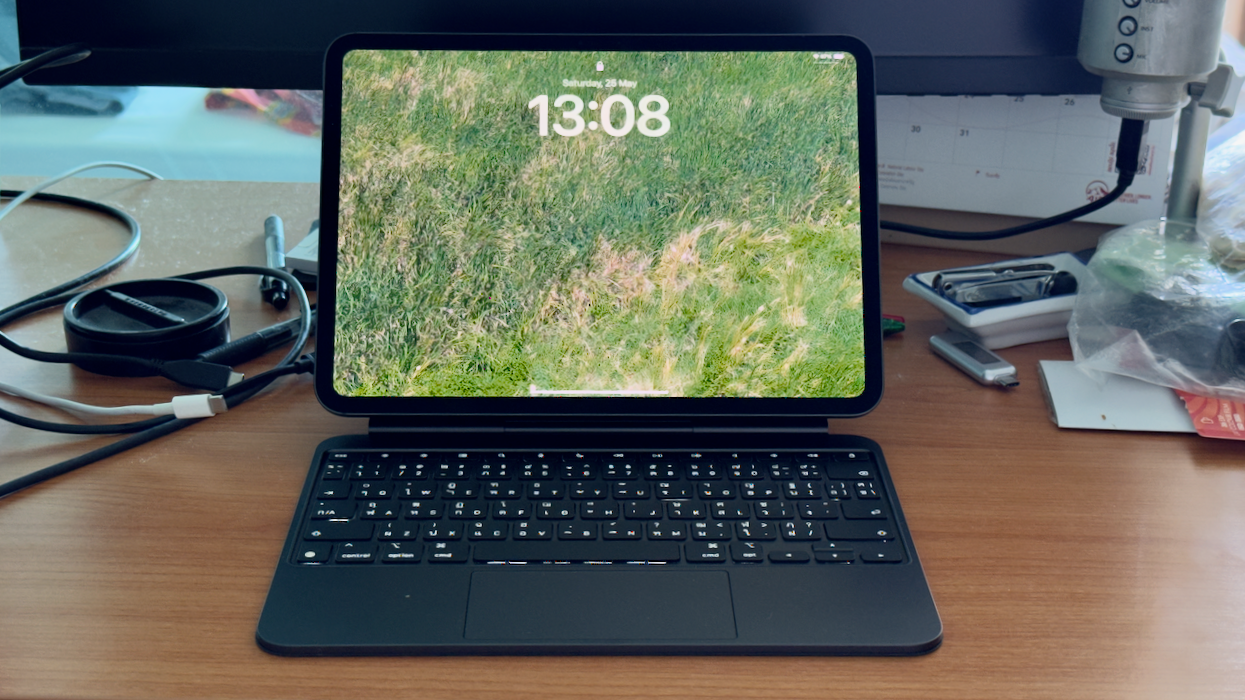
I have been running various versions of the iPad Pro since the device first appeared and it has changed the way I work. I use the MacBook Pro for some specific tasks while the iPad Pro (and I prefer the smaller 10" version) is perfect for day to day work, either at home or the office. Sellers (or Price) may not have listened to what Craig Federighi said about this separation of device types when asked by John Gruber, who made the point that this question has been repeated ad nauseam with Craig and others giving the same answer: no merging. Just because tech commentators don't see the sense, does not mean that thousands of users should listen.
Although I rarely watch these days because of local availability problems, I am still a Formula 1 fan. My interest started when the engines were still in the front. This week I was intrigued to see an article from Oliver Haslam, Redmond Pie on a gaming device that is built to look exactly the same as the steering wheel in a Mercedes-Benz Grand Prix car, although as Haslam notes, it is a bit on the expensive side at $2500. With the multiple selectors built in to the device, which means complex electronics, I can see why. There is a link to the Sim-Lab page in the article (click on $2500) and when I looked it not only showed the price in baht (92,689) but gave me a link to add it to the cart, then offered me a $20 discount. The site shows that it will start shipping from the last week in August. There is also a pedal set for 6835 baht.

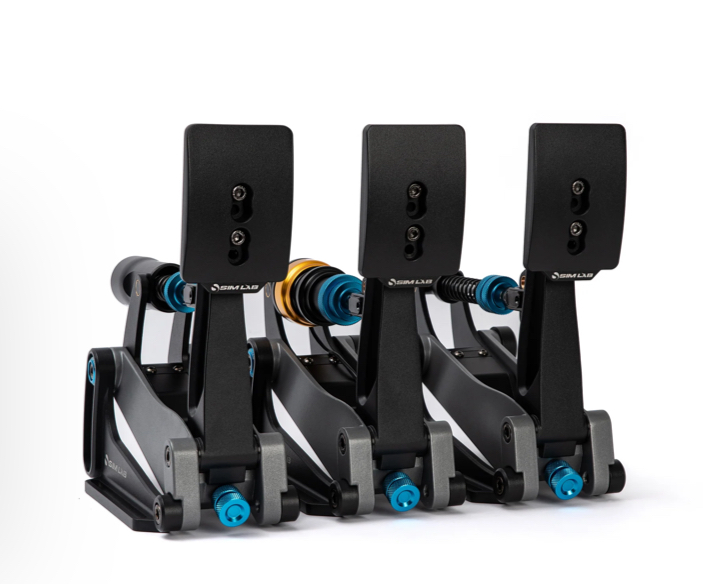
Graham K. Rogers teaches at the Faculty of Engineering, Mahidol University in Thailand. He wrote in the Bangkok Post, Database supplement on IT subjects. For the last seven years of Database he wrote a column on Apple and Macs. After 3 years writing a column in the Life supplement, he is now no longer associated with the Bangkok Post. He can be followed on X (@extensions_th). The RSS feed for the articles is http://www.extensions.in.th/ext_link.xml - copy and paste into your feed reader.

For further information, e-mail to
Back to
eXtensions
Back to
Home Page